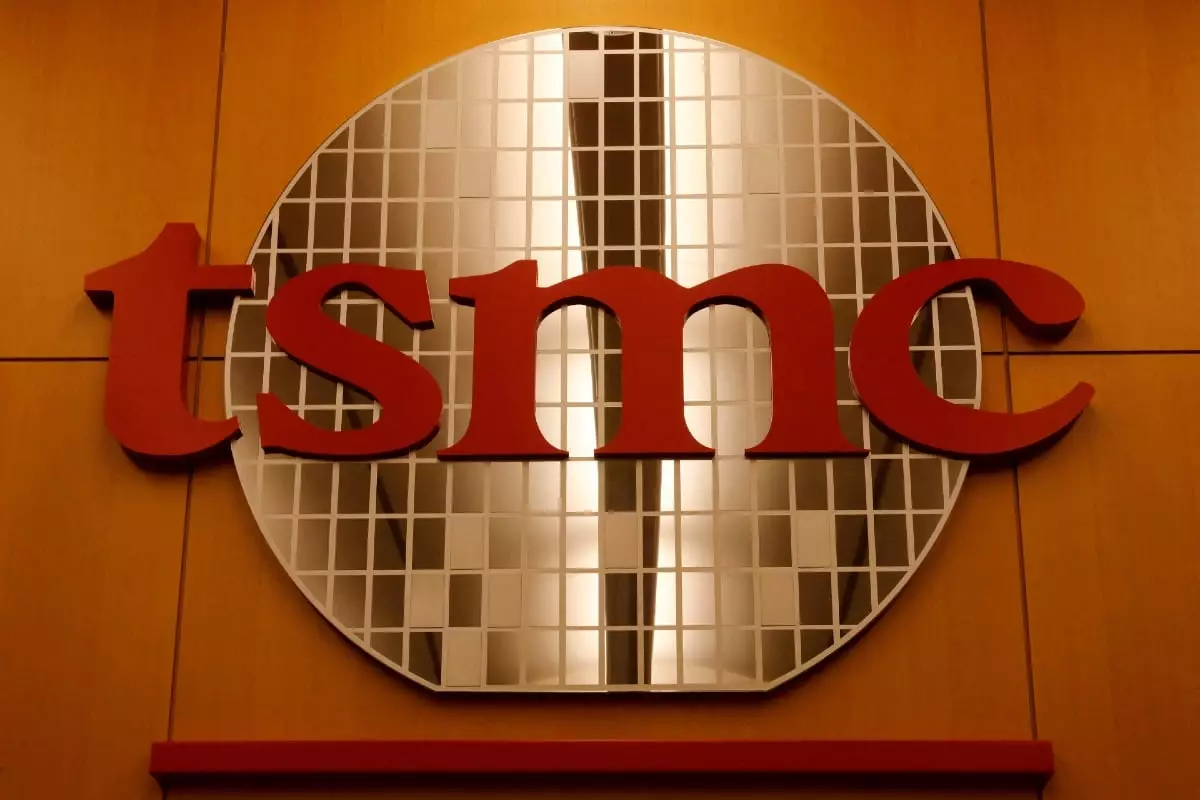Taiwan Semiconductor Manufacturing Company (TSMC), a global leader in semiconductor manufacturing, has recently ceased shipments to the China-based chip design firm Sophgo. The decision comes after a TSMC-manufactured chip was discovered in Huawei’s Ascend 910B AI processor, raising serious concerns about adherence to U.S. export controls. This incident highlights the fragile and contentious landscape of international technology supply chains, particularly in the context of ongoing geopolitical tensions between the United States and China.
The suspension of shipments signifies the heightened scrutiny on firms involved in the semiconductor industry, especially those that have connections to entities facing restrictions. TSMC’s action may be seen as a proactive measure to safeguard its operations amidst increasing pressure from U.S. regulations designed to clamp down on technology transfers to Chinese companies that could potentially be used for national security threats.
The situation gained traction when TechInsights, a technology research firm, discovered the TSMC chip while analyzing Huawei’s Ascend 910B. This finding sent ripples through the industry, prompting TSMC to notify relevant U.S. authorities and commence a detailed investigation into how its chip ended up on a device that is heavily scrutinized under U.S. law. The circumstances surrounding the discovery remain murky, and both TSMC and Huawei have yet to provide full transparency on their involvement.
Sophgo, which is affiliated with the cryptocurrency mining giant Bitmain, has adamantly claimed that it operates within the legal frameworks and has no business relations with Huawei. The company’s assertion of compliance raises questions about the integrity of its supply chain, particularly under the shadow of such serious allegations.
This incident is not merely a corporate issue; it underscores the complexities of international trade and export controls, especially concerning sensitive technology sectors. The U.S. Department of Commerce is reportedly aware of the potential violations tied to this situation but has not clarified whether further investigations are actively ongoing. With the stakes involved, this inquiry could have far-reaching implications for all entities involved, particularly regarding their operations in China and beyond.
TSMC’s previous statements have made it clear that it has not supplied chips to Huawei since mid-September 2020, following the imposition of stringent U.S. export rules on the Chinese tech giant. This historical context illustrates the ongoing battle for supremacy in the semiconductor sector, emphasizing the urgency for companies like Bitmain and Sophgo to navigate regulatory landscapes while trying to innovate in high-demand markets such as AI.
The relationship between Sophgo and Bitmain compels further scrutiny, especially since Bitmain has ambitions to challenge the dominance of established players like Nvidia and AMD in the AI chip market. Sophgo’s recent activities and historical context reveal a complex web of affiliations that could influence regulatory perspectives. The presence of a Bitmain email in communications with the U.S. Federal Communications Commission raises further questions about the transparency and legality of operations linking these entities to Huawei’s controversial actions.
As a co-founder of Bitmain, Micree Zhan’s role in the genesis of Sophgo could suggest an intention to leverage the expertise and resources of Bitmain in a sector increasingly critical to global technology and security. Additionally, the past fraud allegations against Bitmain and its affiliates in Taiwan, accusing them of illegal recruitment and R&D activities, add to a troubling narrative that could further complicate Sophgo’s position in the industry.
As TSMC embarks on its investigation and the implications of its shipment halt reverberate across the tech landscape, the relationship between technology, regulation, and international relations remains precarious. The complexities of this case underscore the essentiality of maintaining compliance amidst the rapid evolution of the semiconductor industry. Whether Sophgo can extricate itself from this turmoil, and how TSMC navigates this fraught terrain, remains to be seen. The developments of this situation will be closely monitored, as they have profound ramifications for the future of semiconductor manufacturing and international trade relations.


Leave a Reply